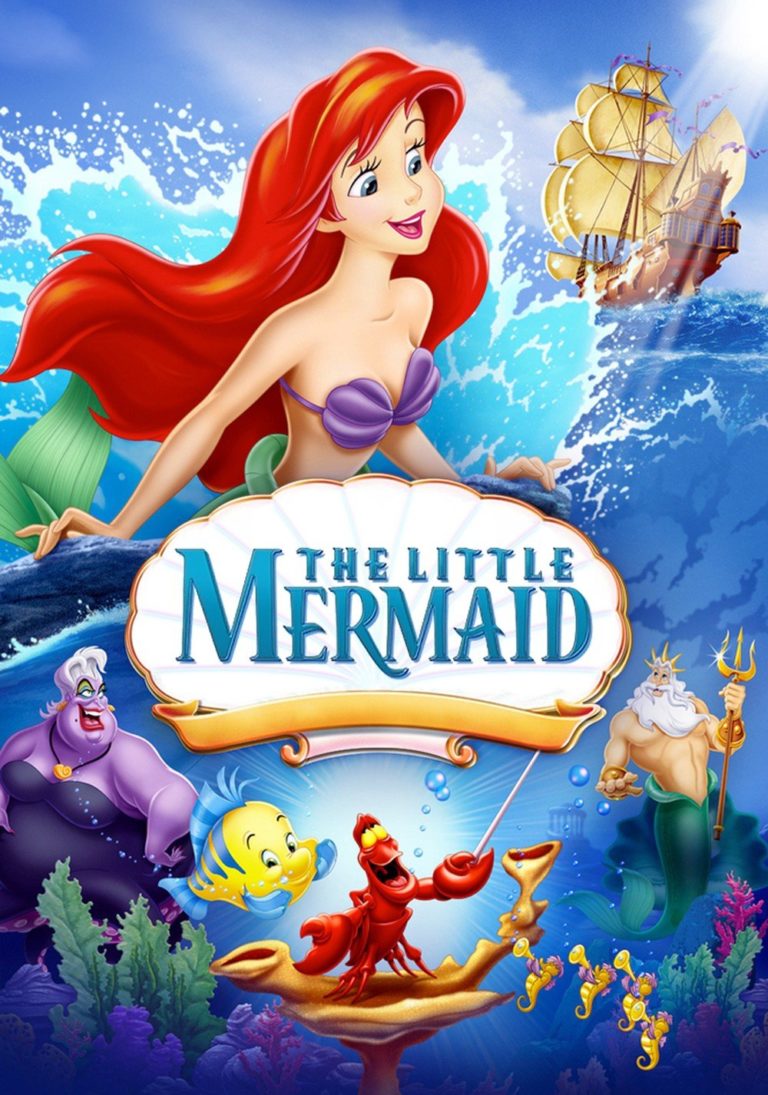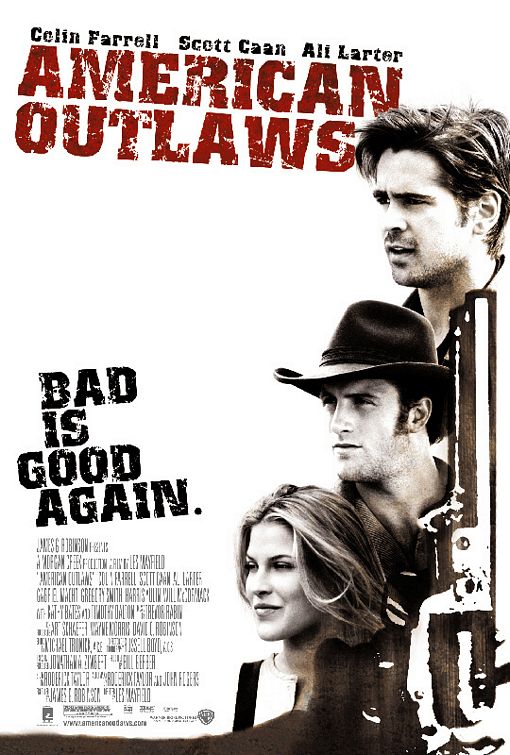“Bad Company Corrupts”

| None | Light | Moderate | Heavy | |
|---|---|---|---|---|
| Language | ||||
| Violence | ||||
| Sex | ||||
| Nudity |
What You Need To Know:
AMERICAN OUTLAWS is a mediocre western that extols several good values like property rights and the importance of family at some points and exalts immoral values like robbing and killing at other points. On the whole, the movie is neither morally uplifting nor degenerate, but falls somewhere in the middle. AMERICAN OUTLAWS looks, and plays, like a movie made for millions, but poor dialogue, bad acting and disparate techno-music by Moby do not contribute to form a unique or compelling portrait of Jesse James’ West. It is an exquisitely mediocre production.
Content:
(PaPa, C, AB, LLL, VVV, SS, N, AA, D, MMM) Amoral, eclectic & ultimately pagan worldview with some positive as well as some mocking references to Jesus Christ & Christianity as well as lots of immorality under the guise of Robin Hood type revenge; 8 profanities & 36 obscenities; extreme violence with lots of shootings (some violently choreographed in the style of MATRIX), hangings, & fist fights, although the blood is kept to a minimum which may not be a good thing since it makes the violence more acceptable for teenagers; sexual activity, sexual conversations, sexual jokes, & prostitutes, but no fornication shown; upper male nudity & cleavage; smoking; drinking (lots); and, lying, cheating, stealing, sinning, & revenge.
More Detail:
The movie starts out with the James brothers and their friends engaged in a firefight with a unit of the Union Army. After roundly defeating the much larger battalion, James’ gang runs into a detachment of Confederate soldiers who inform them that the war has ended: Lee has surrendered.
With their important role as bandits and agitators over, the James gang decides to head home to Liberty, Missouri. When they get back home, however, all is not well. As it turns out, the railroad’s steady path westward happens to travel through the farms of many of the local families, and the railroad’s exercise of eminent domain threatens to tear apart the homesteads. As expected, the James gang steps up to the challenges posed by the railroad companies and their hired detectives (led be founder of the Secret Service, Alan Pinkerton) and wage war against them throughout the region by robbing banks, blowing up depots, shooting people, and generally wreaking havoc.
AMERICAN OUTLAWS looks, and plays, like a movie made for millions. The scenery and costumes, while not authentic looking for the time period depicted, look like Hollywood recreations of the time akin to ZORRO or THE WILD, WILD WEST. Regrettably, the creative talents and the final product are hpelessly separated and disconnected. In light of that, AMERICAN OUTLAWS doesn’t satisfy. Poor dialogue, poor acting and disparate techno-music by Moby do not contribute to form a unique or compelling portrait of Jesse James’ West.
There are, however, several uplifting moral concepts to be found in the film. There is a strong sense of family and friendship throughout. The mother of Jesse and his younger brother Frank is depicted as a Christian woman. There are several positive references to Christianity throughout the movie, but it is questionable whether these are intended to be substantive or tongue-in-cheek. In one scene, a priest who signs a license for Jesse also extorts money from the young criminal and offers Jesse hard alcohol. When Jesse expresses surprise at seeing whiskey in a house of God, the priest replies with one word: “Communion.”
These muddled spiritual references are not all that is confusing in the movie. Jesse upholds one important issue, the right to property, in his quest to ensure that the railroad companies do not steal his land. However, in his battle against the railroads, Jesse and his gang hold up many a bank, stealing the property of the railroad company and others, then spends it in houses of ill repute gambling, drinking and purchasing prostitutes. Even if the gang had given all of that money to the poor (which at some points they do), it seems a contradictory message to suggest that certain people’s property should not be taken and redistributed while other people’s property should be. The movie is also full of a lot of violent shootout scenes that, while not especially gory or intense, are hardly uplifting.
In short, AMERICAN OUTLAWS is a western that extols several good values like private property rights and the importance of family at some points and exalts immoral values like robbing and killing at other points. On the whole, the movie is neither morally uplifting nor degenerate, but falls somewhere in the middle. It is, in many ways, an exquisitely mediocre production.


 - Content:
- Content: 



